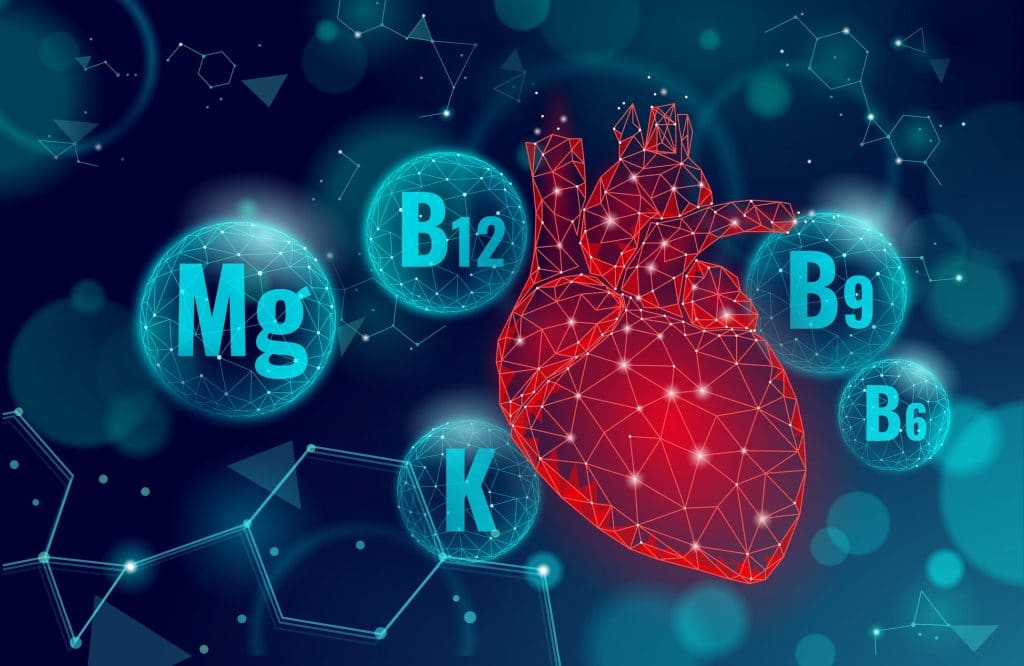B vitamins are a group of eight essential nutrients that help keep you healthy, though it can be hard to know which is best for you.
These vitamins are water-soluble – which means you need to top up your vitamin B levels regularly – and are found in a wide variety of foods.
Although most people get enough B vitamins from their diet, factors like age and medical conditions can require additional supplements to maintain healthy levels.
Because there are so many B vitamins to choose from, most people opt for a specific vitamin or a combination, so it often comes down to B Complex Vitamins Vs B12, for example.
However, each B vitamin has unique benefits. Many B Complex products target certain health issues (like immune support), so you should learn the benefits of each B vitamin to find the right supplement for you.
If you are concerned you don’t get enough B vitamins or want to maximize the benefits from this group of essential vitamins, supplements may be right for you.
This article will explore the benefits of each B vitamin and the difference between B12 and B complex vitamins to help you tell the different B vitamins apart and get the right ones for your needs.
Table of Contents
B12 vs B Complex Vitamins: What’s The Main Difference?
We’ve heard a lot of people ask, “Is B complex the same as B12?” and want to lay this question to rest so you can make the most of B vitamins’ many benefits.
The main difference between B12 and B complex is that vitamin B12 is a sub-type of vitamin B, while B complexes are made from a blend of multiple B vitamins.
B12 is one of eight B vitamins – often called the B complex – while B complex vitamins are made from a blend of multiple B vitamins, which can vary between manufacturers.
To put the vitamin B12 vs B complex debate in other words, B12 is a component of B complex vitamins, though not all B complex products contain B12: All thumbs are fingers, but not all fingers are thumbs.
What Are the Symptoms of Vitamin B12 Deficiency?
B vitamins are essential for keeping your body healthy, and whatever you think about the vitamin B12 vs B complex argument, it’s clear to see that you should try to get plenty of all the b vitamins for general health.
However, some people don’t get enough vitamins from their diet and may be deficient, so how can you tell if you aren’t getting enough of a certain vitamin?
Because the symptoms of vitamin deficiency will vary depending on whether you need more B12 or B complex, we’ll be focussing on the symptoms of vitamin B12 deficiencies in this article.
Vitamin B12, or cobalamin, helps regulate your nervous system and red blood cell formation, so a vitamin B12 deficiency may present the following symptoms:
- Numbness/tingling in your extremities
- Tiredness/fatigue
- Loss of appetite
- Poor memory
- Weight loss
- Weakness
- Confusion
We recommend consulting your doctor if you notice any of these symptoms, as they may be caused by a vitamin deficiency or another health condition.
B12 vitamin deficiencies are estimated to affect 1.5-15% of Americans, so you’re unlikely to be deficient, but it’s still worth asking a doctor if you think you’re not getting the right balance of B complex vitamins vs B12.
Can You Take B Complex and B12 Together?
Much like taking specific vitamin supplements alongside multivitamins, there is no specific rule against taking B12 and B complex vitamins together, but is it something you should do?
Because the difference between B12 and B complex depends on what b vitamins are included in a specific B complex blend, you risk double-dosing on vitamin B12 when taking both.
However, vitamin B12 is generally considered safe – even at higher doses – because it is water-soluble, and your body can easily excrete any excess through your urine.
So, while supplementing with B complex and B12 vitamins is probably, harmless, there is little evidence that high-dose B12 supplementation offers any additional benefits.
Instead of asking, “Is B complex the same as B12?” you should remember that B complex supplements usually contain B12, and there’s no need to take both.
B Complex Vitamins vs B12: Which Supplement is Best?
As with any supplement, the argument over B complex vs B12 comes down to your individual needs, as you may benefit more from a tailored mix of specific vitamins than a B complex multivitamin.
For example, people on vegetarian or vegan diets are much more likely to be deficient in vitamin B12 (because it isn’t naturally found in any plant-based foods), so they would benefit more from taking B12 supplements than a mixed B complex product.
However, the main benefit of multivitamins and B12 complex vitamins is that they allow you to take a variety of nutrients in a single dose, making it an argument between convenience and optimized nutrition.
While multivitamins and B complex vitamin supplements are rarely ideal, they’re much better than no supplements, so don’t be afraid to choose a generalized supplement if optimizing your daily intake of eight vitamins sounds too stressful.
Why Are There Only Eight B Vitamins?

Firstly, let’s address the elephant in the room: If there’s a vitamin B12, how come there are only eight B vitamins?
There used to be 12 B vitamins, but four of them are no longer classed as vitamins because the definition of “vitamin” changed after they were identified and labelled as B vitamins, making it even harder to figure out which is best when talking about B complex vitamins Vs B12.
The National Institutes of Health (NIH) define vitamins as “essential substances that our bodies need to develop and function normally”, and since four of the original 12 B vitamins are not strictly essential, they have been axed from the list.
However, it’s important to note that these former ‘vitamins’ have various benefits, so don’t dismiss them entirely, even if they aren’t essential for your survival:
- Vitamin B4 (adenine) – Supports your metabolism
- Vitamin B8 (inositol) – May reduce anxiety and improve blood sugar control
- Vitamin B10 (para-aminobenzoic acid – PABA) – Improves skin and hair health
- Vitamin B11 (salicylic acid) – Improves skin health, and clears acne, etc.
What Is Vitamin B Good for?
B vitamins are essential for maintaining your health and contribute to energy levels, brain function and cell metabolism, to name a few benefits.
However, it’s important to remember the differences between individual B vitamins and the vitamin as a whole as each vitamin has different effects on your body and shouldn’t be summed up as B complex vitamins vs B12.
While genuine vitamin B deficiencies are rare, studies show that taking B12 or B complex vitamin supplements may provide health benefits even for otherwise healthy people.
We’ve outlined the health benefits of each B vitamin (as well as B complex) below to help you find the right vitamins for your health needs:

Vitamin B1 (Thiamine)
Vitamin B1 (also known as thiamine) was the first B vitamin discovered by scientists and helps your body turn food into energy, making it vital for all kinds of biological processes.

Vitamin B2 (Riboflavin)
Riboflavin or vitamin B2 acts as an antioxidant and can help reduce headaches, maintain energy levels and even treat anemia, making it a powerful B vitamin and worth a mention in any discussion of vitamin B12 vs B complex.

Vitamin B3 (Niacin)
Niacin is often added to prescription medication to lower cholesterol and may help to improve skin health, symptoms of arthritis, and even cognitive function.

Vitamin B5 (Pantothenic acid)
Vitamin B5 is one of the most important vitamins for human life (comparable to B12 complex vitamins), as it is vital for making blood cells and converting food to energy. Research suggests it may also help with stress, immune response and heart problems.

Vitamin B6 (Pyridoxine)
Vitamin B6, or pyridoxine, is involved in producing red blood cells and neurotransmitters, meaning it is highly helpful for mood, brain health, and heart health.
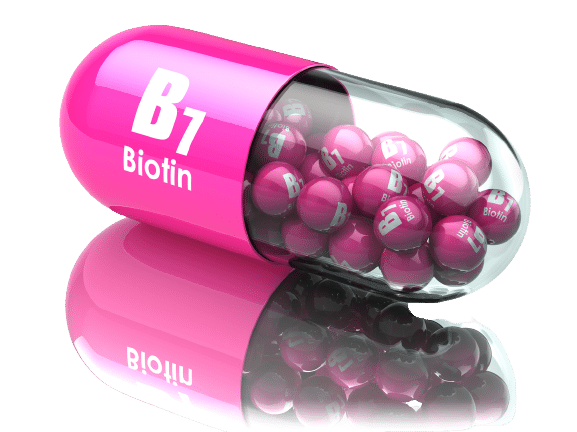
Vitamin B7 (Biotin)
Biotin is vital for maintaining healthy skin, nails, and hair. It is sometimes called vitamin H for its noted benefits on hair, making it a must-have for anyone looking to improve their hair or skin health in the battle of B complex vitamins vs B12.
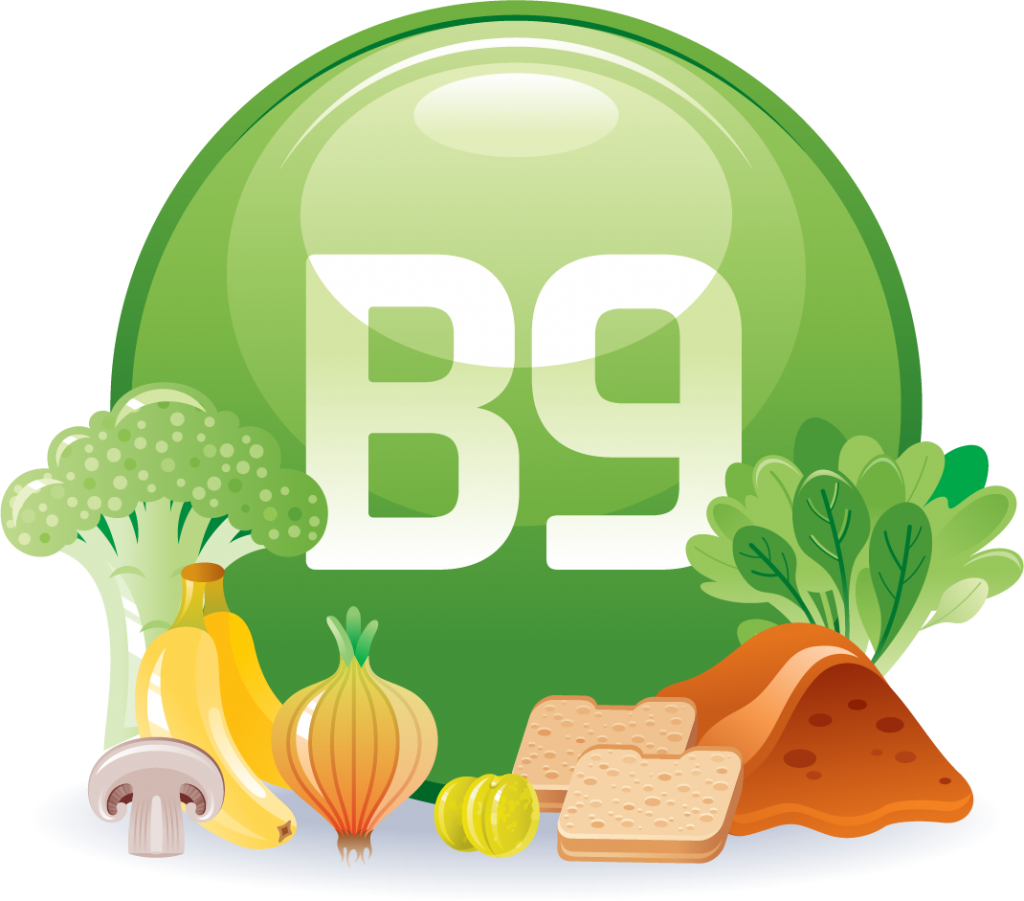
Vitamin B9 (Folate)
Vitamin B9, also known as folate and folic acid, plays a crucial role in cell growth, and many foods are fortified with this nutrient by US law, so it’s easy to see how important it is to maintain healthy levels.
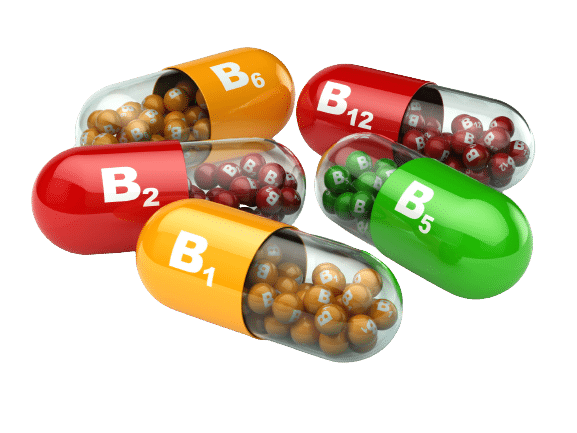
B Complex Vitamins
Although it’s easy to get B12 or B complex vitamins mixed up, it’s important to remember that B Complex vitamins are made from a blend of multiple b vitamins, rather like multivitamins. The health benefits of B complex vitamins depend on the vitamins used, and are a great way to increase your overall B vitamin levels, though some people may prefer.
Sources of Vitamin B
Most of the major B vitamins are water-soluble, which means that your body cannot store them for long, and you need to replenish them regularly with food or supplements.
Fortunately, there are lots of natural sources of B vitamins, so the question of B complex vitamins vs B12 should never get in the way of a good meal.
Adding more natural sources of vitamins and minerals to your diet is one of the best ways to get a healthy diet and increase your levels of vitamin B12 or B complex, for example.
Whether you’re vegetarian, vegan, pescatarian, or an omnivore, these natural sources of B vitamins are a great way to increase your vitamin B levels:

Salmon
This oily fish is versatile and packed full of nutrients like omega-3 fatty acids and plenty of B vitamins, with each 3.5 Oz (100g) serving of cooked salmon containing:
- B12 (cobalamin) – 51% of your RDI
- B3 (niacin) – 50% of your RDI
- B6 (pyridoxine) – 47% of your RDI
- B2 (riboflavin) – 29% of your RDI
- B5 (pantothenic acid) – 19% of your RDI
- B1 (thiamine) – 18% of your RDI
RELATED: Read our blog on cod liver oil vs fish oil to learn more about the benefits of omega-3s.

Leafy greens
Certain leafy greens contain a surprising amount of vitamin B9 (folate), making these some of the best food sources of B vitamins for vegetarians and vegans:
- Raw spinach – 41% of your RDI in 3 cups/85g
- Cooked spinach – 31% of your RDI in a half-cup/85g
- Cooked turnip greens – 25% of your RDI in a half-cup/85g
- Raw romaine lettuce – 25% of your RDI in 2 cups/85g
- Cooked collard greens – 20% of your RDI in a half-cup/85g
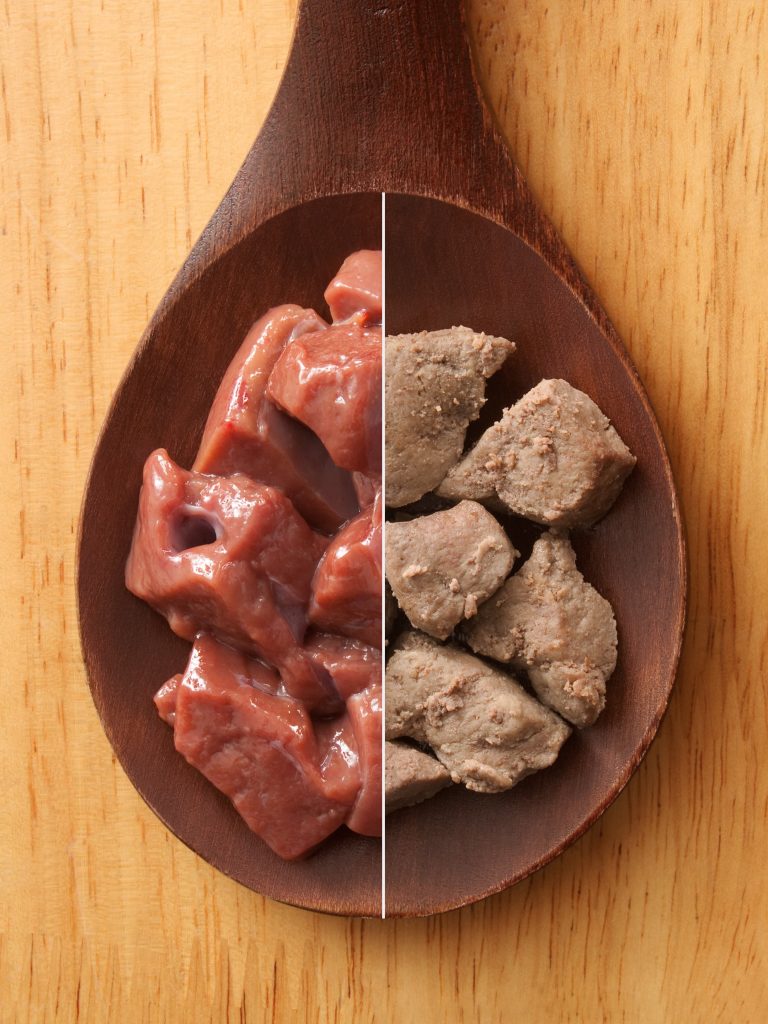
Liver and other organ meats
Although they aren’t the most popular cuts of meat, organ meats like heart, kidney, and lungs are packed with b vitamins, especially the liver, which reign supreme in the B complex vs B12 debate. A 3.5Oz (or 100g) serving of beef liver contains:
- B12 (cobalamin) – 1,386% of your RDI
- B2 (riboflavin) – 201% of your RDI
- B7 (biotin) – 138% of your RDI
- B3 (niacin) – 87% of your RDI
- B5 (pantothenic acid) – 69% of your RDI
- B9 (folate) – 65% of your RDI
- B6 (pyridoxine) – 51% of your RDI
- B1 (thiamin) – 12% of your RDI

Eggs
The humble egg is incredibly versatile, and one of the most nutritious foods on the planet, containing a huge variety of essential nutrients in each egg, including B12 complex vitamins like:
- B7 (biotin) – 33% of your RDI
- B2 (riboflavin) – 15% of your RDI
- B12 (cobalamin) – 9% of your RDI
- B5 (pantothenic acid) – 7% of your RDI
- B9 (folate) – 5% of your RDI
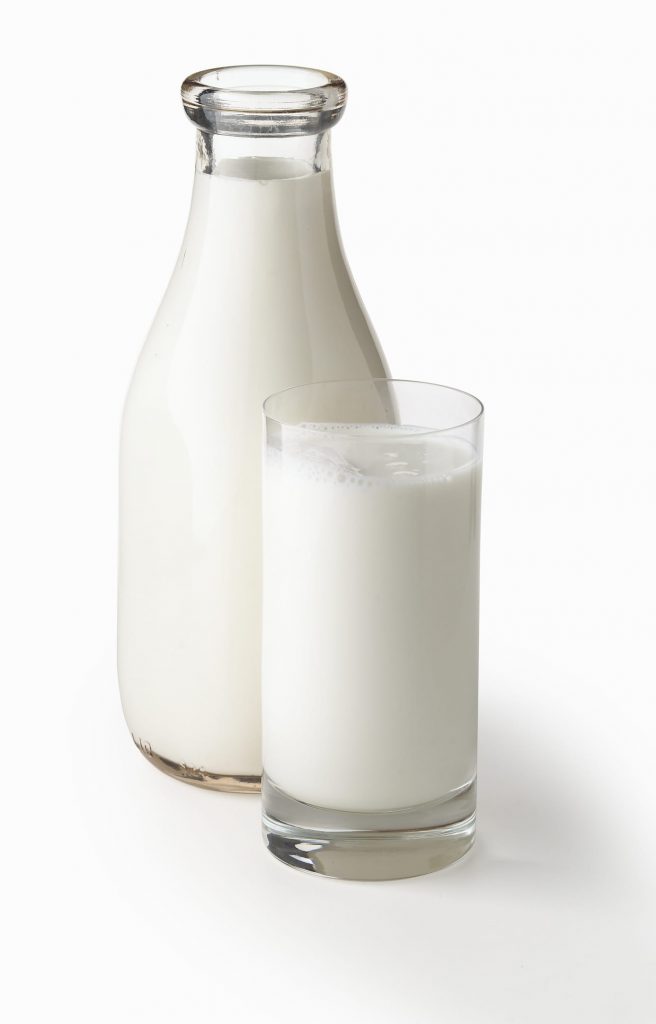
Milk
Milk is a powerful source of calcium, riboflavin (B2) and cobalamin (B12) and is very easy to incorporate into your normal routine, as an eight-ounce cup (240ml) of milk contains:
- B2 (riboflavin) – 26% of your RDI
- B12 (cobalamin) – 18% of your RDI
- B5 (pantothenic acid) – 9% of your RDI
- B1 (thiamine) – 7% of your RDI
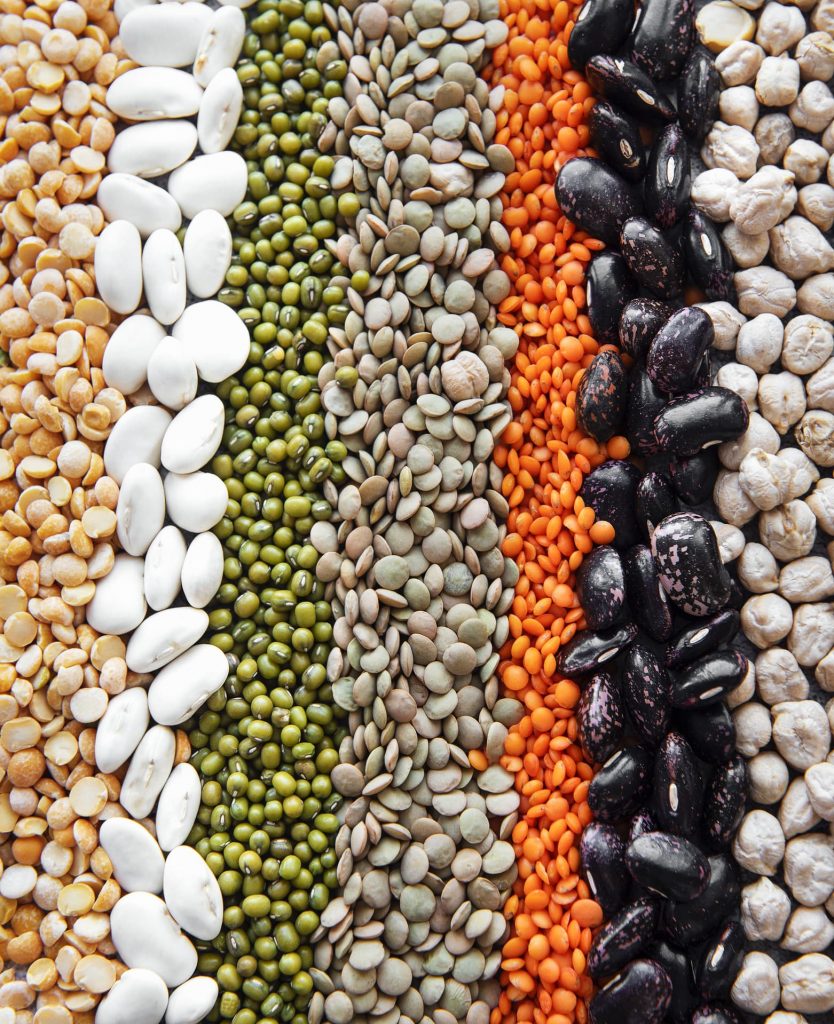
Legumes
Legumes are an excellent source of vitamin B9 (folate), fiber, and protein (especially for vegetarians and vegans), and a half-cup (85g) serving of beans contains this much vitamin B9:
- Edamame (green soybeans) – 60% of your RDI
- Lentils – 45% of your RDI
- Pinto beans – 37% of your RDI
- Chickpeas – 35% of your RDI
- Black beans – 32% of your RDI
- Kidney beans – 29% of your RDI
Conclusion
Although b vitamin deficiencies are rare, supplements can be beneficial for many people, especially older adults, vegans and people with certain medical conditions.
However, it can be hard to decide which b vitamins are best for you because of their necessity and similarity, which has caused arguments over B complex vitamins vs B12 to this day.
There’s a b vitamin for virtually every kind of health concern, which is why we usually recommend b complex vitamins when talking about B complex vs B12 due to their versatility.
Whether you agree with our logic or only need to top up your levels of one b vitamin, remember our tips on how to choose safe and effective supplements, and always ask a professional if supplementing is right for you, as you may already have all the B vitamin you need.
